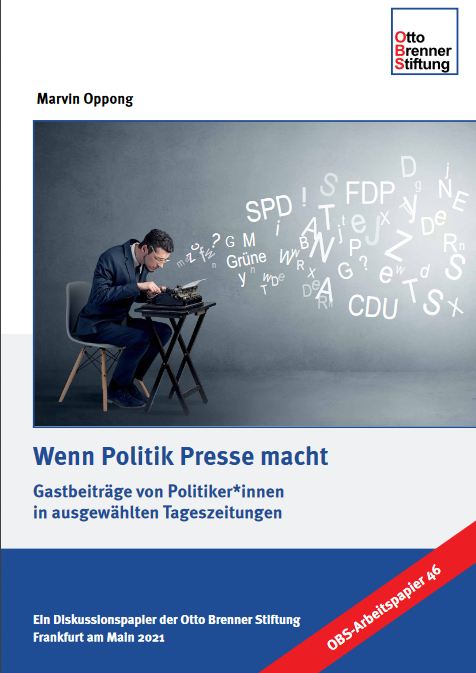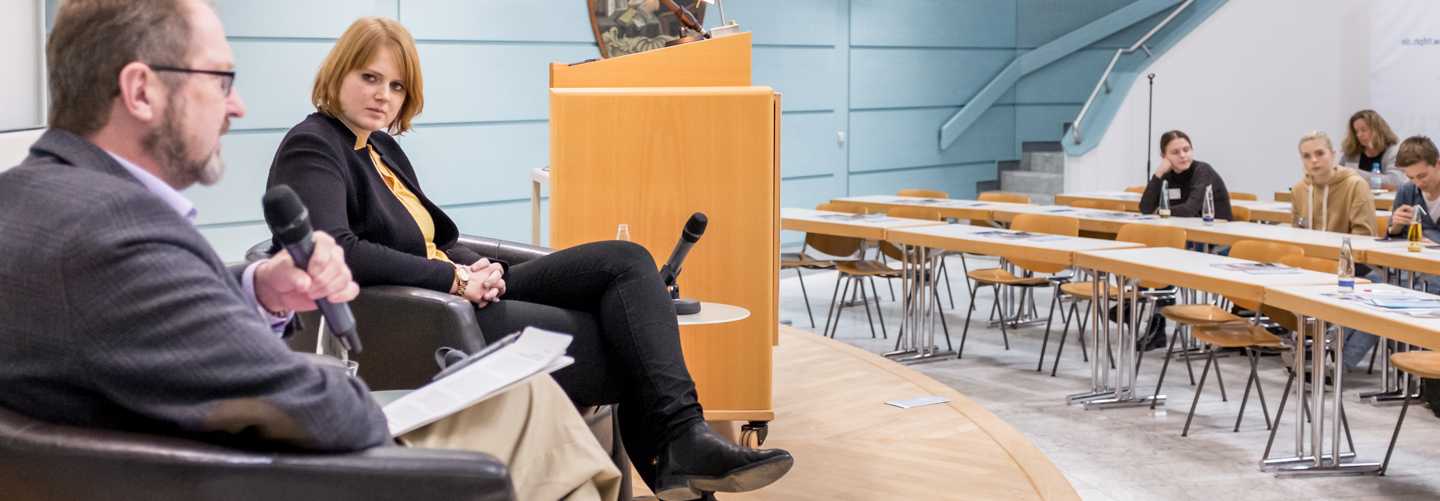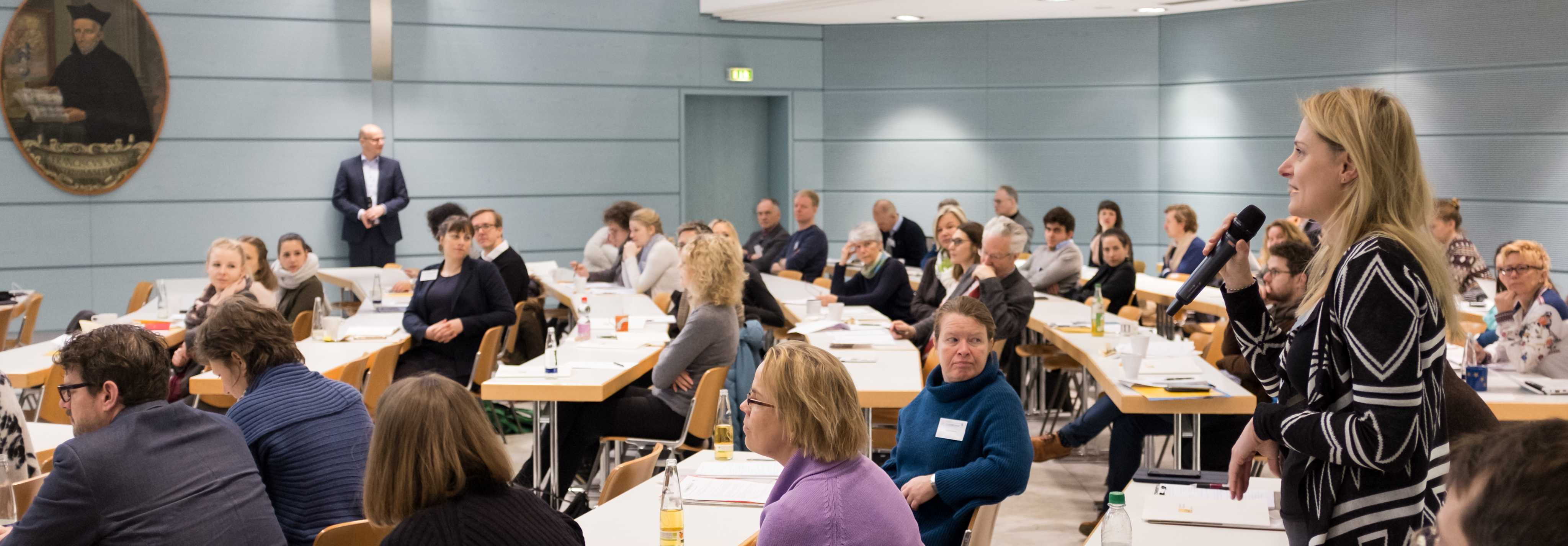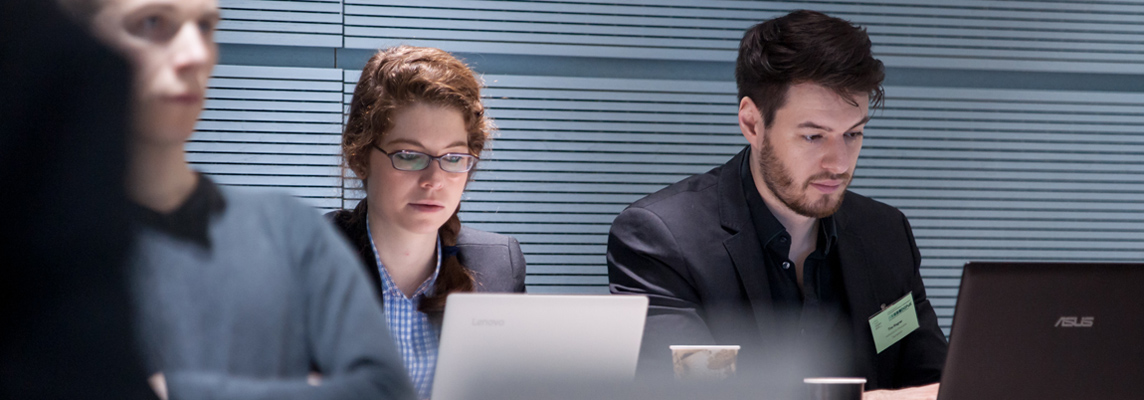 Die Otto Brenner Stiftung veröffentlichte jüngst ein Arbeitspapier, das sich kritisch mit der journalistischen Form des Gastbeitrages von Politiker*innen in (Print-)Medien beschäftigt. Anlass dafür war ein umstrittener Beitrag des Ex-Politikers Karl-Theodor zu Guttenberg in der FAZ, in dem die problematische Nähe zur Finanzindustrie nicht angemessen gekennzeichnet worden war.
Die Otto Brenner Stiftung veröffentlichte jüngst ein Arbeitspapier, das sich kritisch mit der journalistischen Form des Gastbeitrages von Politiker*innen in (Print-)Medien beschäftigt. Anlass dafür war ein umstrittener Beitrag des Ex-Politikers Karl-Theodor zu Guttenberg in der FAZ, in dem die problematische Nähe zur Finanzindustrie nicht angemessen gekennzeichnet worden war.
Der Autor Marvin Oppong kritisiert in seiner journalistischen Studie die Form des Gastbeitrages von Politiker*innen in den Medien. Sie biete zu wenig Raum für eine angemessene Kontextualisierung, liefere ein eindimensionales Bild von weitläufigen gesellschaftlichen Debatten, tendiere daher dazu, hinter dem journalistischen Anspruch eines realitätsgetreuen Abbildes des Diskurses zurück zu fallen und laufe schließlich Gefahr, „ungefiltert politische Kommunikation zu versenden.“ Das nun erschienene Diskussionspapier bietet einen hilfreichen Einblick in eine unzureichend reflektierte Problemlage.
„Unser Autor versucht nicht nur zu zeigen, welche journalistischen Grundsätze Gefahr laufen, verletzt zu werden, wenn Zeitungen für Gastbeiträge von Politiker*innen Raum schaffen, sondern unterfüttert seine Thesen auch empirisch und mit Blick auf die journalistische Praxis“ heißt es im Vorwort der Stiftung.
Die Studie stellt zwar keine streng wissenschaftliche bzw. systematische Untersuchung dar, eröffnet aber dennoch den Ausblick auf eine tief greifende Problemlage. Marvin Oppong betont dabei insbesondere die Pflicht der Redaktion, kritisch zu reflektieren, wem eine Plattform geboten wird und welche gegenläufigen Meinungen dadurch womöglich systematisch ausgeblendet werden.
Stiftung und Autor wollen mit diesem Beitrag den Nährboden für eine breiter angelegte Diskussion schaffen. Zu diskutieren bleibt u.a., wie angemessene Formen des Gastbeitrages gestaltet werden könnten, denn die vorliegende Studie beschränkt sich (bewusst) auf eine kritische Reflektion derselben.
Detaillierte Informationen und den Link des Diskussionspapiers finden Sie hier.










